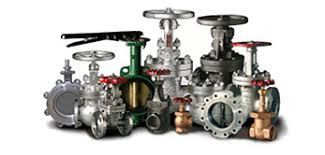An industrial valve is a device used to control the rate and direction of flow in an environment. Industrial valves are also known as hydraulic valves or flow control valves. A hydraulic valve behaves more like an electric motor with the control acting more like a pressure switch than a lever. This type of valve has no mechanical parts and does not require any sort of ball-bearings to operate properly. A flow control valve is a unique industrial valve that can be seen in applications where very high temperatures are present, such as rocket launches, welding processes, and petroleum refineries.
Another name for this type of valve is “drip valve.” In this application, the valve works like a water sprinkler system that provides controlled flow of water by means of a controlled return line. The term pipe threading refers to the installation of industrial valves where they attach to existing piping. Certain types of valve threads can be purchased in standard and custom sizes, and many times these threads can be cut to custom lengths to match the diameter of certain piping applications. For Industrial Valves, visit Orseal.
The function of an industrial valve largely depends on what it is being used for and how it is being utilized. Some industrial valves are made to maintain the proper flow rates in a manufacturing setting, while other industrial valves are designed for the purpose of controlling the temperature of a chemical reaction or to regulate the flow rate of a fluid. Regardless of what an industrial valve is intended for, there are numerous manufacturers that produce industrial valves of all kinds for just about every possible application.





